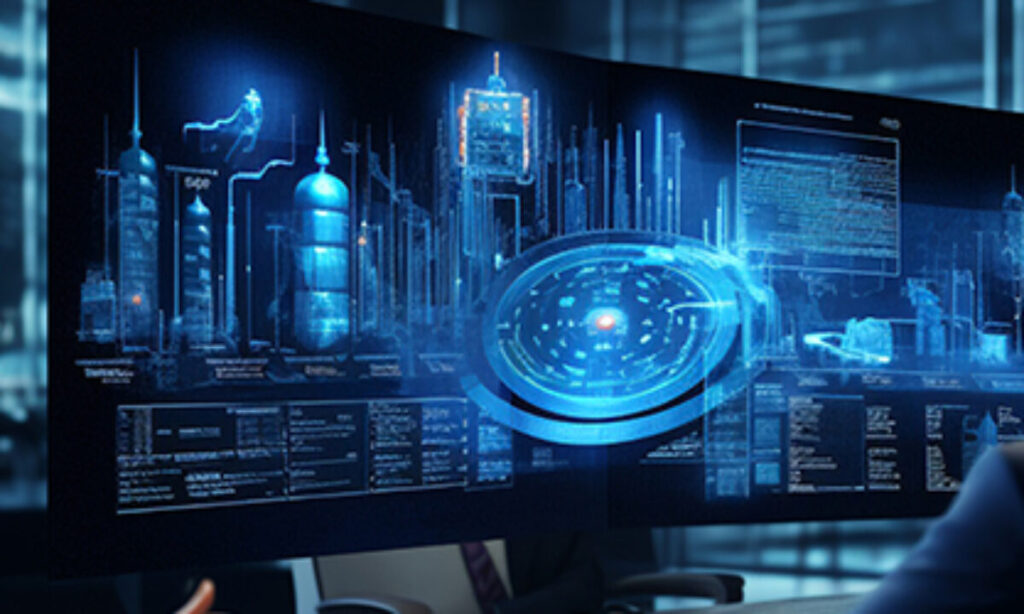The digital world continues to advance, and attackers continually refine their methods. Businesses, governments, and individuals face risks that become increasingly sharp each year. Organizations need practical strategies to keep pace, and a cybersecurity expert can provide the clarity they need. By examining the emerging threats in 2025, companies can take stronger steps to secure their future.
Rise of AI-Driven Attacks
Hackers now use artificial intelligence to power their attacks. They automate phishing campaigns, generate deepfakes, and bypass traditional security tools. These methods blur the line between real and fake communication. Businesses must deploy AI-driven defense systems that track unusual behavior in real time to counter these attacks.
Cybercriminals also train AI models to mimic human writing styles, which makes fraudulent messages harder to detect. This shift demands constant updates to detection systems and stronger awareness across every organization.
Ransomware Evolution
Ransomware attacks continue to escalate, and attackers keep adding new layers of pressure. Key trends include:
- Double extortion: attackers steal data and encrypt it.
- Public leak threats: criminals threaten to publish data if victims resist payment.
- Stronger victim targeting: hackers customize attacks for high-value sectors.
Companies must strengthen data governance, perform frequent backups, and test response plans. By preparing early, they can reduce the impact of ransomware and avoid severe reputational harm.
Cloud Security Concerns
Businesses embrace the cloud for flexibility, but attackers quickly exploit weak setups. Many breaches stem from avoidable mistakes. Common risks include:
- Misconfigured systems expose sensitive data.
- Weak access controls let unauthorized users in.
- Multi-cloud complexity creates policy gaps.
Companies must tighten identity management, monitor cloud activity, and enforce consistent policies across platforms. With proactive steps, they can close gaps before attackers exploit them. Strong governance ensures cloud adoption remains an asset rather than a liability.
Critical Infrastructure as a Target
Attackers view utilities, healthcare, and transport systems as high-value targets. In 2025, they may launch attacks that cause real-world harm beyond financial loss. Governments and private companies must join forces, strengthen defenses, and share intelligence to safeguard citizens. Strong collaboration will limit large-scale disruption. Organizations that protect these systems effectively will also build greater trust with the communities they serve.
The Human Element in Cybersecurity
Technology cannot protect organizations if people fail to recognize threats. Phishing emails, social engineering, and weak passwords still open doors for attackers. Companies must train employees to spot risks and respond correctly. A cyber security expert emphasizes that human error remains the top cause of breaches, and building a culture of awareness provides the strongest defense. Regular drills and real-world simulations can further prepare teams to respond quickly when threats arise.
Looking Ahead: Service Providers’ Role
Organizations now rely more on service providers to guard against attacks. These partners deliver critical solutions that strengthen resilience. They offer:
- Managed security services that monitor threats 24/7.
- Threat detection tools that identify risks early.
- Rapid response capabilities that reduce damage.
With expert support, businesses can focus on growth while staying secure. Choosing the right partner allows companies to stay flexible while adopting new technologies without unnecessary risk.
Conclusion
Cybersecurity in 2025 demands active preparation and constant awareness. Attackers keep innovating, but organizations can stay ahead with smarter defenses, stronger training, and trusted service partners. By acting early and investing wisely, businesses can build resilience against the fast-changing threats of tomorrow.

